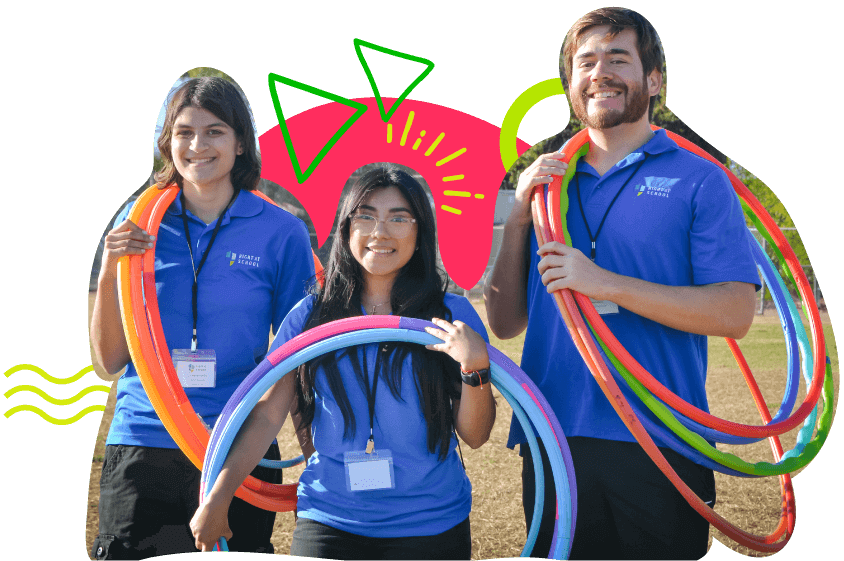What the Research Says
How extended day enrichment can help school districts address learning loss, enhance socialization, and improve quality of care.



A growing body of research suggests that children who participate in high-quality before and after school enrichment programs like Right At School see faster gains in academic achievement and social-emotional learning (SEL) outcomes.
- Up to 42% increase in math and reading performance¹
- Better grades, test scores, and graduation rates¹
- Improved overall academic performance¹
- 65% have improved homework completion and class participation²
- Better attendance, and decreased truancy and suspensions¹
- Increased positive attitude toward school and confidence about academic advancement¹
- Better cognitive performance (concentration, task motivation, frustration tolerance, and cognitive flexibility)¹
1. Afterschool Alliance. May, 2014. Evaluations Backgrounder: A Summary of Formal Evaluations of Afterschool Programs’ Impact on Academics, Behavior, Safety and Family Life.
2. Afterschool Alliance. 2018. This is Afterschool.
See the impact Right At School is making in School Districts across the country:
Accelerate Learning and Support healthy behavior and mindsets
As educators, we recognize that ongoing disruptions and challenges in our education system continue to impact the academic and social-emotional growth of our children.
Recent research highlights a sobering reality—many students, particularly those in underserved communities, are still striving to catch up academically and emotionally from years of interrupted learning and shifting educational environments.

Learn how to support more students with accelerated learning opportunities during after school hours:
- We’ll take a close look at how long-standing challenges in education—like opportunity gaps and resource disparities—make enrichment programs during out-of-school hours more critical than ever.
- Many students continue to face significant academic setbacks due to disruptions in learning and unequal access to academic support, widening gaps among vulnerable populations.
- Ongoing social and emotional challenges—driven by stress, instability, and limited access to supportive environments—have heightened the importance of creating nurturing, student-centered learning experiences.
- The shift toward digital learning has revealed and, in some cases, deepened existing inequities in access to quality instruction and technology—issues that must be actively addressed.
Bring Right At School to Your District
Ready to bring world-class after school enrichment to your community?
